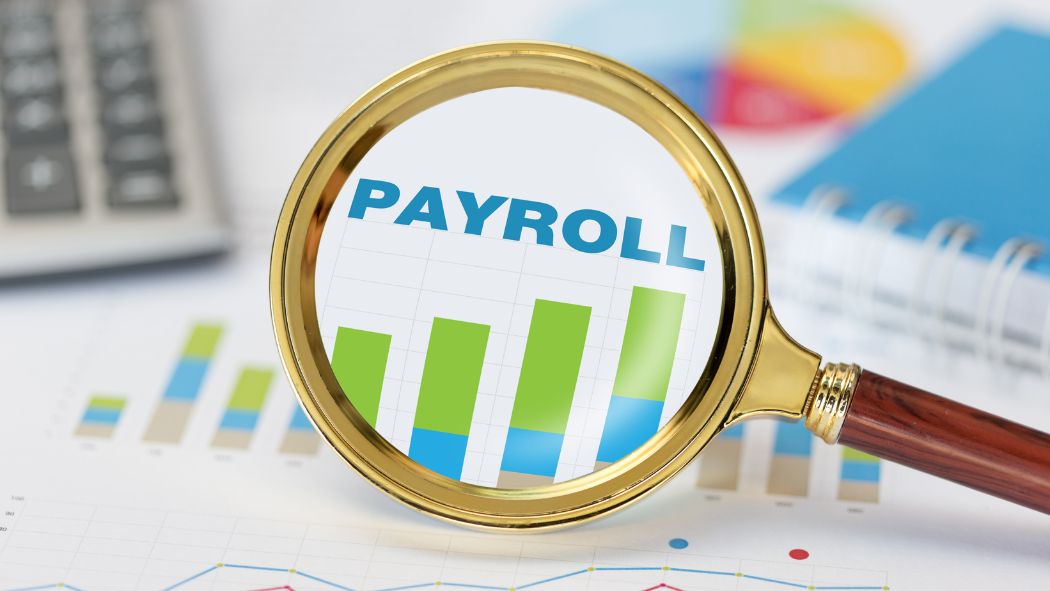The Convergence of Payroll and FinTech Services: Revolutionizing Employee Payments

The financial technology (fintech) sector is rapidly transforming various aspects of the financial services industry, and payroll management is no exception. As companies increasingly turn to digital solutions to streamline their operations, the integration of payroll and fintech services is becoming a game-changer for businesses of all sizes. This convergence is not only making payroll processing more efficient but also enhancing the overall employee experience by offering flexible, secure, and innovative payment solutions.
In this blog, we’ll explore how payroll and fintech services are coming together to revolutionize employee payments, the benefits of this integration, and the key trends shaping the future of payroll management.
1. Streamlining Payroll Processing
Traditional payroll processing can be a time-consuming and error-prone task, involving multiple steps such as calculating wages, deducting taxes, and distributing payments. Fintech solutions are simplifying this process by automating many of these tasks, reducing the likelihood of errors, and saving valuable time for HR and finance teams.
- Automation: Fintech platforms leverage automation to handle repetitive payroll tasks, such as calculating hours worked, processing tax withholdings, and generating pay stubs. This reduces manual effort and minimizes the risk of errors.
- Real-Time Payments: With fintech, payroll can be processed in real-time, ensuring that employees receive their wages promptly. This is especially beneficial for gig workers and employees in industries with irregular pay cycles.
- Compliance: Fintech solutions help businesses stay compliant with ever-changing payroll regulations by automatically updating tax rates, labor laws, and other requirements.
By streamlining payroll processing, fintech services enable businesses to operate more efficiently, allowing HR and finance teams to focus on more strategic initiatives.
2. Enhancing Employee Experience with Flexible Payment Options
One of the most significant ways fintech is impacting payroll is by offering employees greater flexibility in how and when they receive their pay. Traditional payroll systems typically operate on a bi-weekly or monthly cycle, which can create financial stress for employees who need access to their earnings sooner. Fintech solutions are addressing this challenge by introducing more flexible payment options.
- On-Demand Pay: Also known as earned wage access, on-demand pay allows employees to access a portion of their earned wages before the scheduled payday. This can help alleviate financial stress and reduce the need for high-interest payday loans.
- Digital Wallets: Fintech services are increasingly integrating with digital wallets, allowing employees to receive their pay directly into a mobile app. This offers a convenient way to manage money, make payments, and even invest in real-time.
- Multi-Currency Payments: For companies with a global workforce, fintech platforms offer the ability to pay employees in their preferred currency, reducing the need for costly currency conversions and ensuring timely payments.
These flexible payment options not only enhance the employee experience but also contribute to greater job satisfaction and retention.
3. Improving Financial Wellness and Literacy
In addition to offering flexible payment options, fintech and payroll services are increasingly focusing on improving employees’ financial wellness and literacy. By providing tools and resources that help employees manage their finances more effectively, businesses can support their workforce’s overall well-being.
- Financial Planning Tools: Many fintech platforms offer financial planning tools that help employees budget, save, and invest their earnings. These tools can be integrated with payroll systems to provide personalized financial advice based on an employee’s income and expenses.
- Savings Programs: Some fintech payroll services allow employees to automatically allocate a portion of their paycheck to a savings account or investment portfolio. This encourages regular saving and can help employees build financial security.
- Debt Management: Fintech solutions can also assist employees in managing and paying down debt by offering consolidation options and personalized repayment plans.
By promoting financial wellness, businesses can reduce employee stress, increase productivity, and foster a more positive workplace culture.
4. Enhancing Security and Compliance
Payroll involves handling sensitive employee data, including Social Security numbers, bank account information, and salary details. Ensuring the security of this data is crucial for businesses. Fintech services are enhancing payroll security by implementing advanced encryption, secure data storage, and compliance with industry regulations.
- Data Encryption: Fintech platforms use end-to-end encryption to protect payroll data during transmission and storage, reducing the risk of data breaches and unauthorized access.
- Two-Factor Authentication: To further secure access to payroll systems, fintech solutions often incorporate two-factor authentication (2FA), which requires users to verify their identity through a secondary method, such as a text message or authentication app.
- Regulatory Compliance: Fintech services are designed to comply with industry standards and regulations, such as the General Data Protection Regulation (GDPR) and the Payment Card Industry Data Security Standard (PCI DSS). This ensures that businesses remain compliant with legal requirements and avoid costly penalties.
By prioritizing security and compliance, fintech payroll services protect both businesses and employees from potential risks.
5. Key Trends Shaping the Future of Payroll and FinTech
As the convergence of payroll and fintech services continues, several key trends are emerging that will shape the future of this industry.
- AI and Machine Learning: Artificial intelligence (AI) and machine learning are being integrated into payroll systems to predict payroll trends, optimize tax withholdings, and identify potential compliance issues before they arise.
- Blockchain Technology: Blockchain has the potential to revolutionize payroll by enabling secure, transparent, and tamper-proof transactions. This could simplify cross-border payments, reduce fraud, and streamline record-keeping.
- Mobile-First Solutions: With the increasing use of smartphones, mobile-first payroll solutions are gaining popularity. These platforms allow employees to manage their pay, view pay stubs, and access financial resources directly from their mobile devices.
- Sustainability: As businesses become more environmentally conscious, fintech solutions are reducing the need for paper-based payroll processes, contributing to more sustainable operations.
These trends will continue to drive innovation in payroll and fintech, offering businesses new ways to optimize their payroll processes and enhance the employee experience.
Conclusion
The integration of payroll and fintech services is revolutionizing how businesses manage employee payments, offering greater efficiency, flexibility, and security. As these technologies continue to evolve, companies that embrace fintech solutions will be better positioned to attract and retain top talent, improve employee satisfaction, and stay ahead in a competitive marketplace. The future of payroll is digital, and fintech is leading the way.







